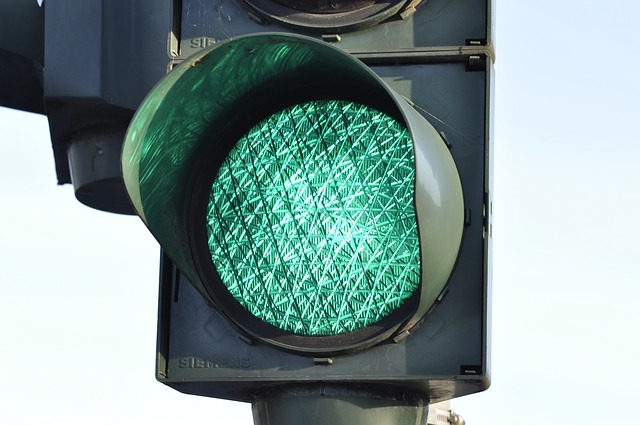 Here we'll take you through the need-to-know aspects of the DP Physics course - whether you are just starting out or a month from your final exams.
Here we'll take you through the need-to-know aspects of the DP Physics course - whether you are just starting out or a month from your final exams.
Get a copy of the Subject Guide
 The Subject Guide is a complete list of everything that you need to know, understand and be able to do by the end of the course. Your teacher or Head of Department will have an electronic version of this essential document.
The Subject Guide is a complete list of everything that you need to know, understand and be able to do by the end of the course. Your teacher or Head of Department will have an electronic version of this essential document.
This site is fully comprehensive for the Core topics, Astrophysics and Engineering but you'll need to ensure that you cover other Options and Additional Higher Level, if relevant, too. Use the Subject Guide as a final revision checklist for these extras. It also has some interesting pages on the nature of science (Physics is experimental, after all!).
Start with the basics
 No prior knowledge is required before starting the DP Physics course, but having studied Physics at Middle Years Programme (or equivalent) beforehand will be an advantage. Start with, and return to, the Mathematical requirements and Basics sections to get up to speed.
No prior knowledge is required before starting the DP Physics course, but having studied Physics at Middle Years Programme (or equivalent) beforehand will be an advantage. Start with, and return to, the Mathematical requirements and Basics sections to get up to speed.
Know your enemy

- Knowing and understanding facts, concepts, key words, definitions, scientific methods, analytical techniques, and how scientists communicate with one another and the wider public. Think of this as "recall", stuff you can memorise.
- Being able to apply your knowledge and understanding of all of the above. This will be the bulk of what you're asked to do under pressure, so question practice is key.
- Learning to write, scrutinise and evaluate hypotheses, research questions, predictions, scientifc methods, analytical techniques, data and explanations. It's important to engage with practical physics and/or simulations during the course.
- Conducting an investigation with good skills in research and experimentation. Often referred to as the "IA" (Internal Assessment) or more formally as the "Individual Investigation", this is worth 20% of the course and is marked internally by your school.
Sturdy, G. (2017). Physics in "What Should Schools Teach?: Disciplines, subjects and the pursuit of truth". UCL IOE Press: London.
Good to go?
 StudyIB provides the resources you need to be independent in your learning. Use this site to:
StudyIB provides the resources you need to be independent in your learning. Use this site to:
- Read ahead with our main pages (e.g. Kinematics or Global thermal energy transfer). All of these are free and include Flashcards.
- Teach yourself and extend beyond the classroom with our detail pages (e.g. Projectile motion or Energy to the Earth).
- Spend some time with our Virtual Tutor to work through 80 concepts as though you were in the classroom.
- Produce a well-informed Investigation using our ideas.
- Check what you know with the Test Your Knowledge section, a bank of 2000 original multiple choice questions.
- Practise exam materials with our guidance on what to expect, advice on the exams, SL Paper 1 and Paper 2, HL Paper 1 and HL Paper 2, mind maps and pairing games.

 Twitter
Twitter  Facebook
Facebook  LinkedIn
LinkedIn